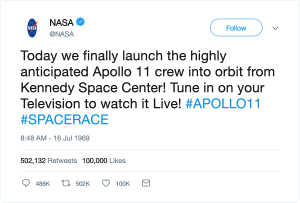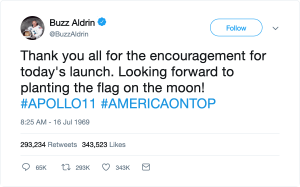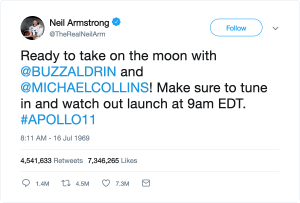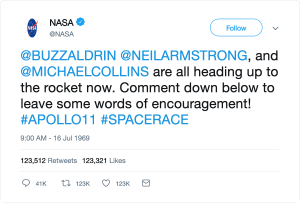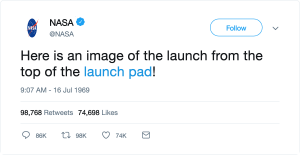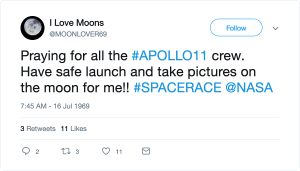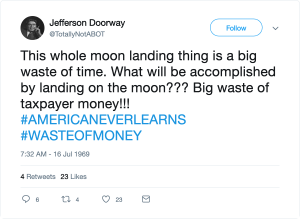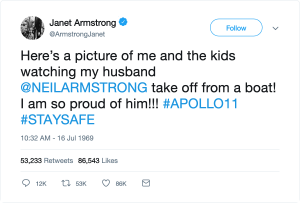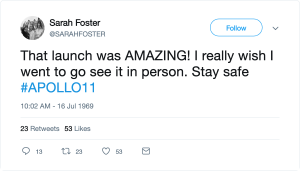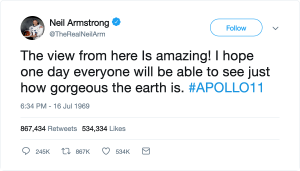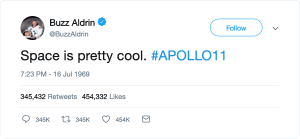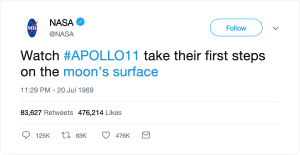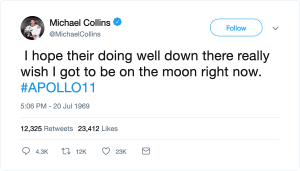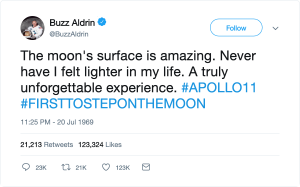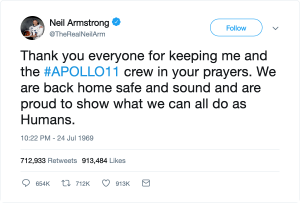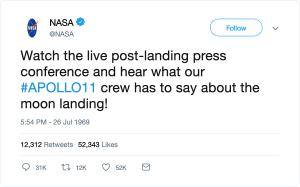
DCI 180 incorporates many topics and ideas into the course. All of them surrounding the use of information and technology. Although most of the concepts discussed in the class deal with current and emerging technology that is present in today’s world, there is still discussion to be had about the morals and ethics of future technology. Is it worth it to develop this new technology if it allows more people to benefit even if some people suffer as a result? Is the greater good truly worth the suffering of the few? These are the questions posed by the idea of consequential. Specifically, utilitarianism deals with this exact issue.

A common scenario that comes up with the topic of ethics is that of the trolley problem. Is it better to pull the lever killing only one man or leave the trolley on the same course killing five? For a utilitarian, there is a simple answer, pull the lever and only kill one man. It is a simple math problem where 1 life is lost and 5 are saved. So back to the question at hand, is developing new tech that will help many be worth the suffering of the few? This is the question at hand in the movie Minority Report.
The movie Minority Report tackles morality and ethics with the introduction of the Precrime department. (Full Summary Here) This department has access to ProCogs (Mutants who can predict crimes that are going to happen.) and use their psychic ability in addition to technology to arrest people for crimes they have yet to commit. The movie goes on to discover how this system is flawed and that some of the people arrested were possibly innocent as a result. This movie shows how technology can and humans can be manipulated and the need for a balance between technology and human ethics.
This movie would fit in well with the DCI 180 course as it presents the ethics involved with the creation and deployment of new and current technology. It would also go well with the discussion on Transhumanism. As we discussed with The Circle, how can we allow AI to make an ethical decision? There is no way to program something without putting one’s own bias into the programming. This goes in hand with the movie. How do we know that these people are criminals? We only have the information provided by the mutants and tech that shows them committing the crime. This information could easily be falsified, and we would have no way of knowing. I felt like when reading the articles about deontological and consequentialism when discussing the Digital Consumer, I couldn’t get a good grasp of what those two definitions were and being able to see an example of it through a movie would most certainly help. This movie allows for the discussion of ethics without having to cite the dull articles provided as of now.
Overall, Minority Report provides a look at how ethics plays a vital role in technology and can most definitely be used in DCI 180 to help further the discussion and provide an in-depth example of consequentialism at work.

